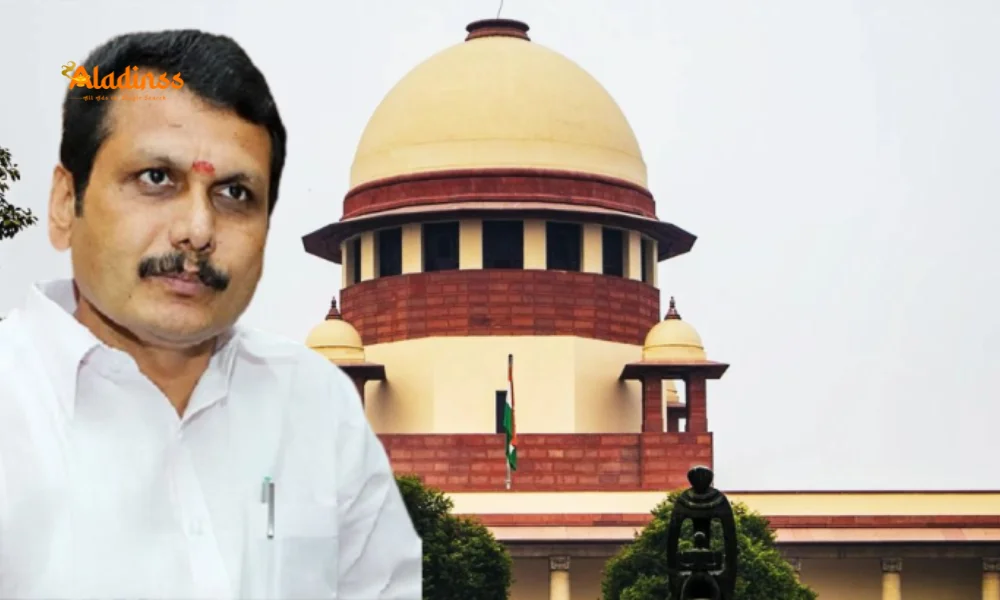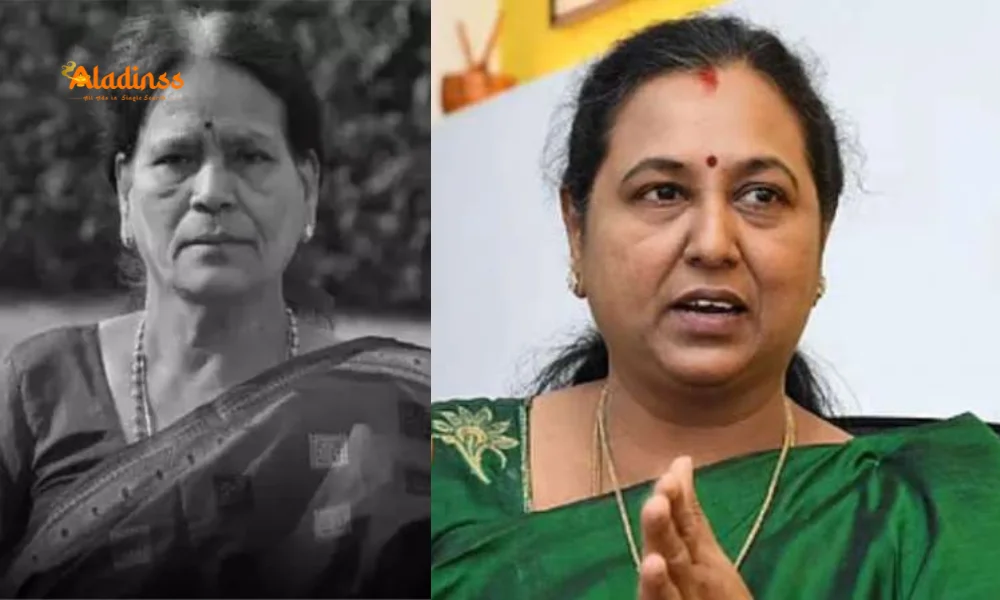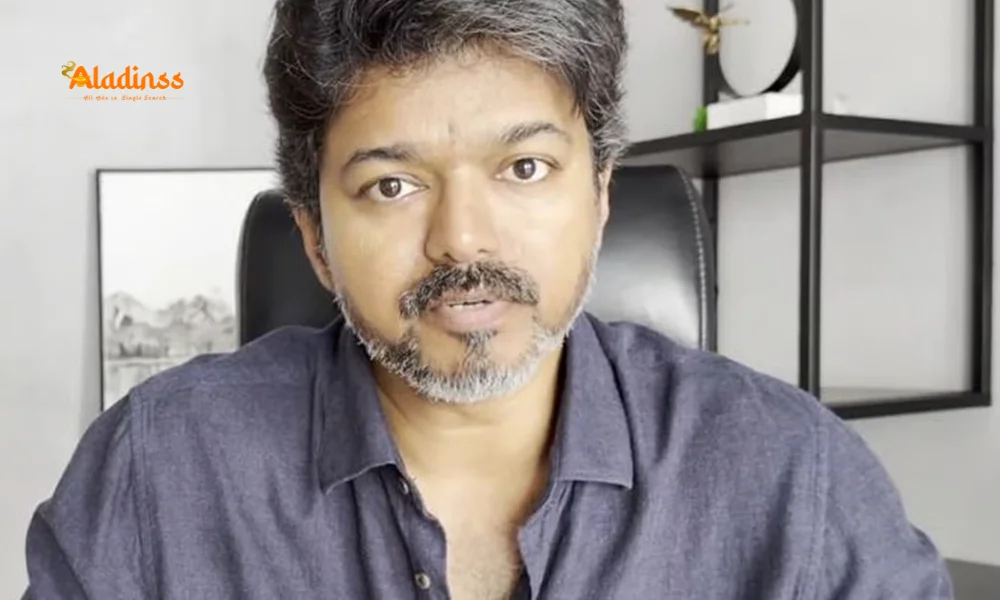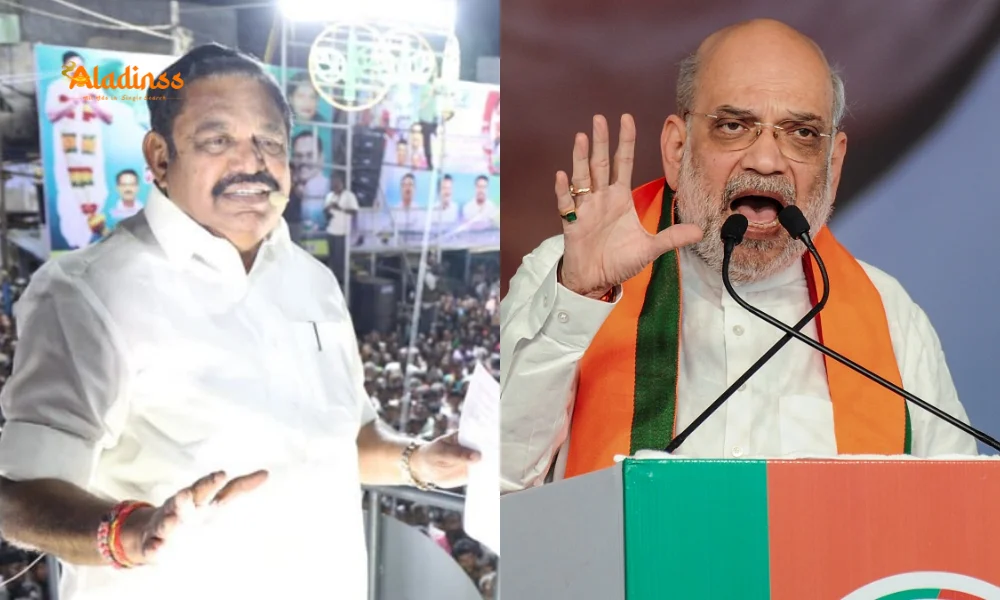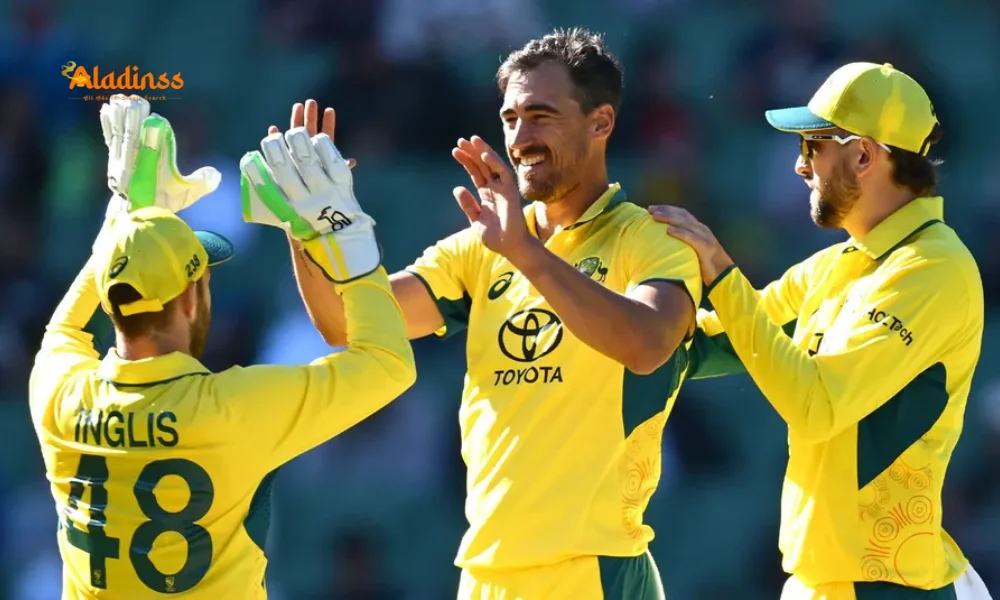SC Hears CBI Plea in Karur Stampede
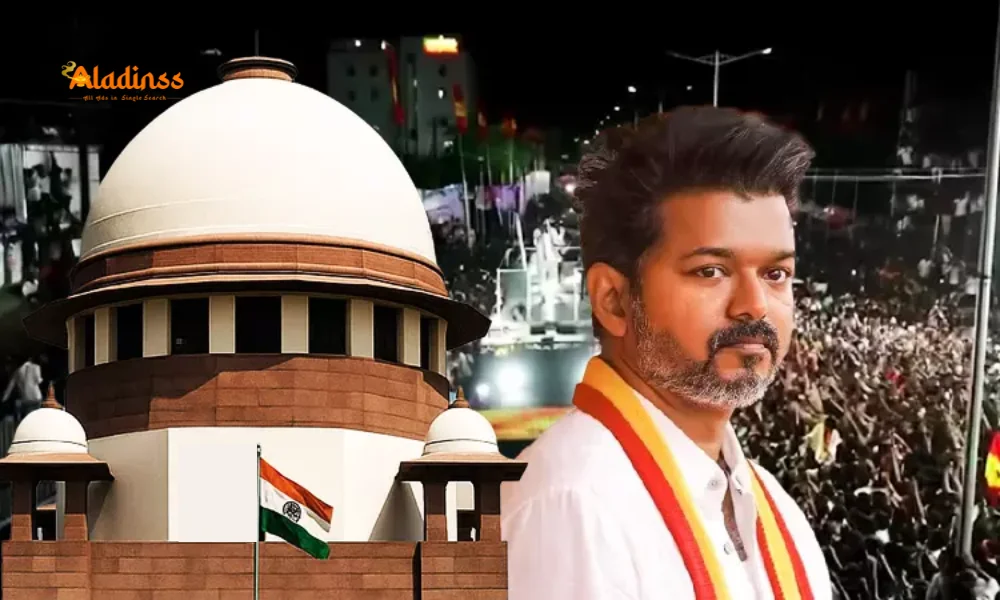
Supreme Court to Hear CBI Probe Plea in Karur Stampede Tragedy
In a significant development amid mounting public outrage, the Supreme Court Karur stampede case has taken a pivotal turn as the apex court agreed to hear a plea seeking a Central Bureau of Investigation (CBI) probe into the tragic incident that claimed 41 lives. The devastating Karur stampede occurred on September 27, 2025, during a high-profile rally by actor-turned-politician Vijay's Tamizhaga Vettri Kazhagam (TVK) in Karur, Tamil Nadu, leaving families shattered and raising serious questions about crowd management and political accountability. The petition, filed by BJP leader Uma Anandan, challenges the Madras High Court's dismissal of an earlier request for CBI intervention, emphasizing the need for an impartial investigation to uncover lapses that led to the chaos.
The stampede, which unfolded in a matter of minutes amid enthusiastic crowds gathered to hear Vijay's fiery speech on social justice and state politics, has sparked widespread condemnation across party lines. With the Supreme Court bench, comprising Chief Justice B.R. Gavai and Justice K. Vinod Chandran, scheduling the hearing for October 10, 2025, hopes are high for transparency in the Karur rally stampede CBI probe. This case not only highlights vulnerabilities in public event security but also underscores the judiciary's role in ensuring justice for victims in politically charged scenarios. As Tamil Nadu grapples with the aftermath, the push for a federal agency like the CBI reflects deeper concerns over local investigations potentially influenced by regional dynamics.
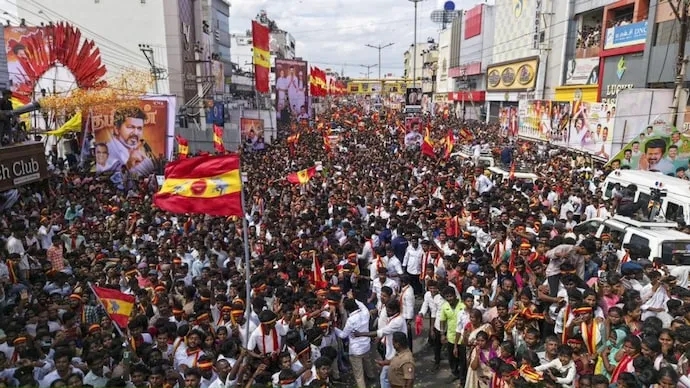
The incident, captured in harrowing videos showing panic-stricken attendees crushed against barriers, has ignited debates on rally protocols, especially with Vijay's rising political clout challenging established parties like DMK and AIADMK. Let's delve into the sequence of events, legal maneuvers, and broader implications of this unfolding saga.
The Karur Stampede: A Timeline of Tragedy
The rally in Karur, a bustling district in central Tamil Nadu, was meant to be a cornerstone event for TVK's grassroots mobilization ahead of the 2026 assembly elections. Vijay, known for blockbuster films and his anti-corruption stance, drew thousands to the Pugalur grounds, expecting a turnout of over 50,000. Eyewitness accounts describe a serene start: supporters waving party flags, chanting slogans, and eagerly awaiting the star's arrival around 4 PM. However, as gates opened prematurely amid surging crowds, a bottleneck formed near entry points, exacerbated by narrow access roads and inadequate barricades.
Within minutes, the Vijay Karur stampede escalated into horror—people trampled, barriers toppled, and cries drowned in the melee. Emergency services, including local police and fire tenders, responded belatedly, with the first ambulances arriving after 30 critical minutes. By evening, the toll stood at 41 dead, including women and children, and over 100 injured, many airlifted to Coimbatore hospitals. Initial FIRs under IPC sections for culpable homicide and endangering life were filed against unnamed organizers, but critics argue the probe lacks depth, focusing on peripheral lapses rather than systemic failures.
Vijay, visibly shaken, suspended his campaign and visited hospitals, pledging Rs. 5 lakh per family and demanding a thorough inquiry. Yet, political rivals like BJP's Annamalai accused TVK of negligence, pointing to overzealous security and poor venue scouting. This tragedy echoes past mishaps, like the 2023 Hathras stampede (121 deaths) or 2019 Eluru rally chaos, underscoring recurring issues in India's mass gatherings where enthusiasm outpaces planning.
From High Court Dismissal to Supreme Court Intervention
Days after the stampede, Uma Anandan, a vocal BJP functionary and advocate for victim rights, approached the Madras High Court on October 3, 2025, urging a CBI takeover. Citing the investigation's nascent stage and potential bias in state-led probes—given TVK's opposition to ruling DMK—she argued for federal neutrality to unearth truths on permit violations, crowd estimates, and emergency readiness. The principal bench, led by Justice S.M. Subramaniam, dismissed the plea, reasoning that premature transfers could hamper ongoing inquiries by Tamil Nadu police, who had already formed a special team under an IG-rank officer.
Undeterred, Anandan escalated to the Supreme Court on October 6, filing under Article 136 for special leave to appeal. Her affidavit detailed graphic victim statements—families alleging delayed alerts and insufficient medical kits—and invoked precedents like the 2022 Udaipur lynching case, where CBI stepped in for impartiality. The plea stresses that local probes risk political interference, especially with Vijay's star power influencing narratives. On October 7, Chief Justice Gavai's bench accepted the petition, listing it urgently for October 10, signaling judicial sensitivity to public safety lapses in electoral fervor.
This move revives hopes among grieving kin, like those of a 13-year-old boy crushed in the fray, whose father echoed Anandan's call for justice. Legal experts view it as a test for the SC's proactive stance on crowd disasters, potentially setting guidelines for rally regulations nationwide.
Why a CBI Probe Could Be Game-Changer in Karur Case
Transferring the Karur stampede CBI investigation to the CBI isn't mere formality—it's a bid for unvarnished truth in a politically charged milieu. State agencies, while capable, face accusations of soft-pedaling on opposition events; CBI's autonomy, backed by Delhi oversight, ensures forensic rigor—from CCTV forensics to witness polygraphs. Past successes, like the 2014 Maha Kumbh stampede probe exposing permit fraud, affirm its efficacy in unraveling crowd dynamics.
In Karur's context, questions swirl: Were permits for 20,000 attendees flouted for 50,000? Did security firms cut corners on barriers? CBI could subpoena rally planners, audit funds, and cross-verify with drone footage, potentially indicting from organizers to officials. For victims' kin, it's closure—compensation alone (Rs. 5 lakh pledged) falls short without accountability. Nationally, it could spur ECI mandates for AI-monitored crowds, averting repeats in election seasons.
Key Lapses Highlighted in Plea
- Inadequate entry points: Single-file chokepoints for thousands, per survivor affidavits.
- Delayed response: Police logs show 25-minute lag post-first call.
- Overcrowding metrics: Venue capacity exceeded by 150%, ignoring weather advisories.
- Post-event opacity: FIR delays and selective media access fueling suspicions.
Anandan's appeal invokes SC's 2019 Hathras order, mandating CBI for multi-state implications—here, interstate attendees amplify stakes. If granted, it could reshape TVK's launch, pressuring Vijay on governance pledges.
Political Storm: Vijay's TVK Under Scrutiny
Vijay's foray into politics via TVK, launched in February 2025, promised a corruption-free Tamil Nadu, drawing youth disillusioned with Dravidian duopoly. The Karur rally, his first major post-launch push, aimed to rally 1 lakh signatures for registration but ended in calamity, casting shadows on organizational chops. Allies like BJP seize the moment, with Annamalai terming it "preventable negligence," while DMK's Stalin offers condolences but hints at overhyping.
Vijay's response—pausing tours, video calls to kin—humanizes him, yet critics decry TVK's novice status lacking SOPs. This Vijay rally stampede mirrors Hathras' political fallout, where probes toppled ministers. For TVK, a CBI nod could delay ECI nod, stalling 2026 bids. Broader canvas: India's 500+ annual stampedes (per NCRB) demand reforms—drones for counts, AI alerts—beyond blame games.
Victim voices amplify: A software engineer's widow demands "no more political funerals," echoing calls for national event audits. As SC convenes, October 10 looms large—justice or politics?
The Karur saga transcends one rally—it's a clarion for safer democracy, where fervor meets foresight. With CBI's lens potentially piercing veils, Tamil Nadu awaits verdicts that heal and reform.
Comment / Reply From
No comments yet. Be the first to comment!
